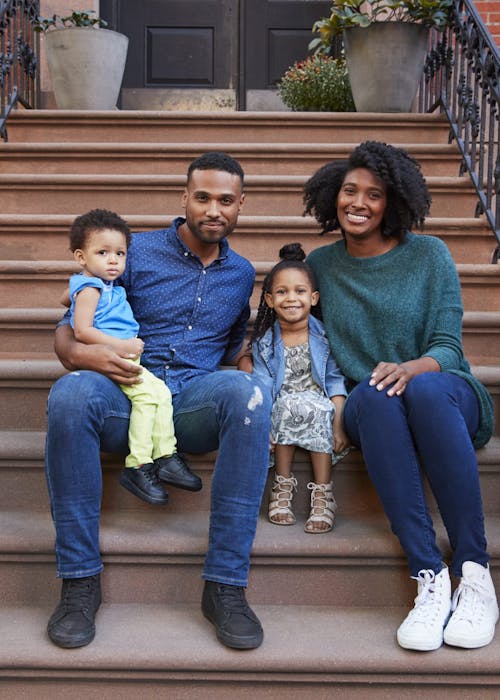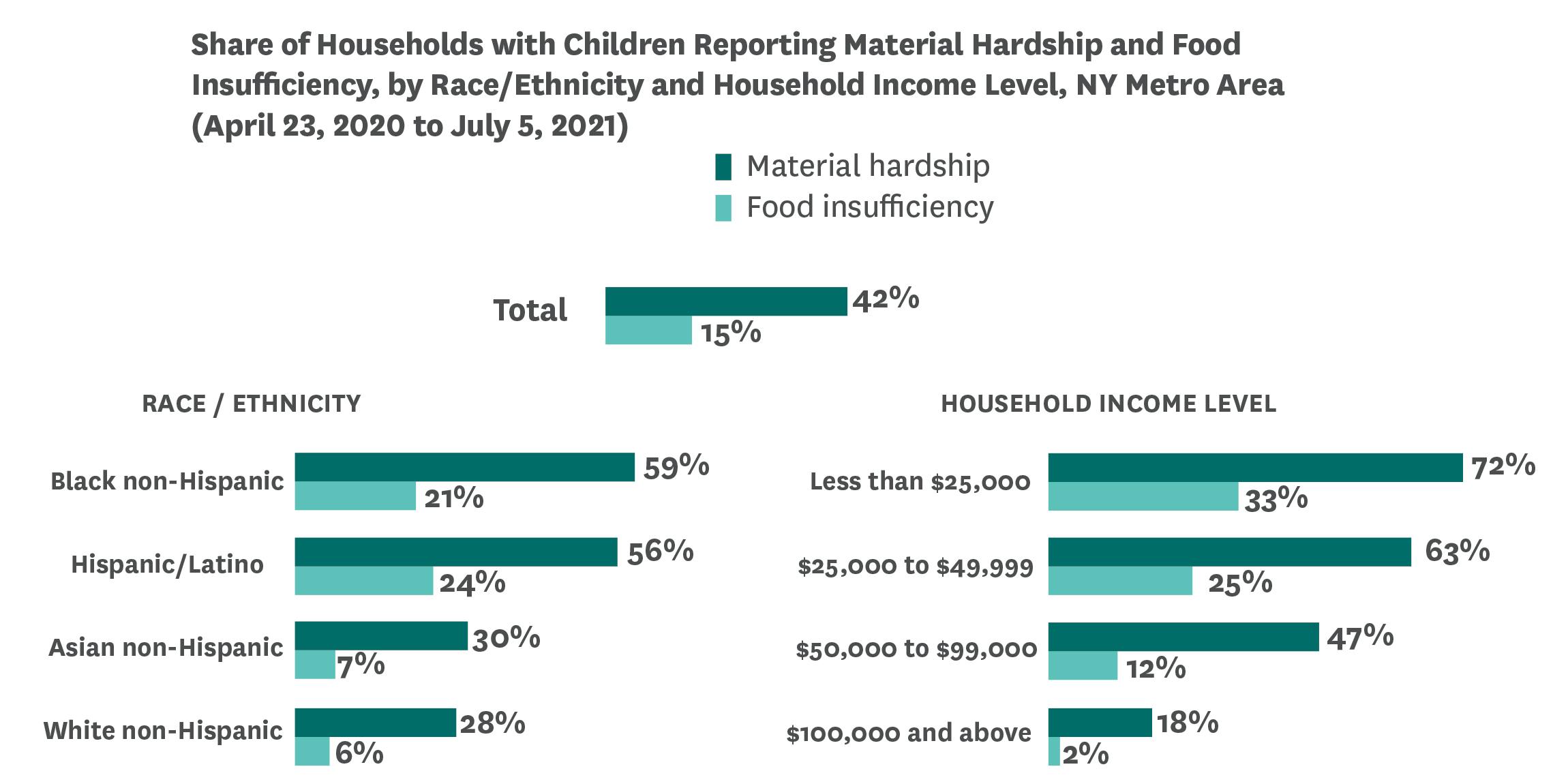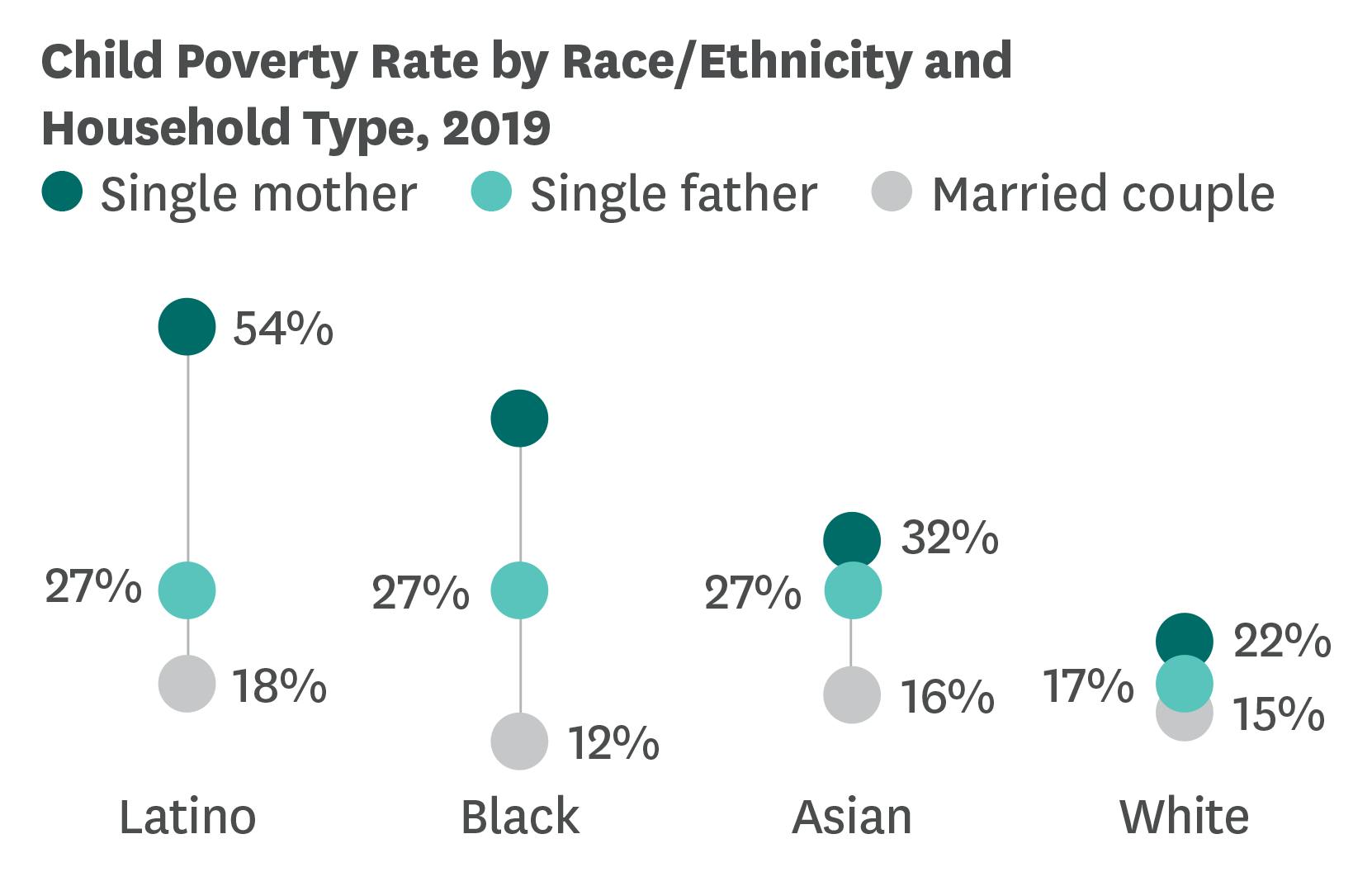

NYC’s Racial Justice Ballots & CCC’s Work
Insights
November 28, 2022
By: Julie Kronick
This past election cycle NYC voters passed three racial justice ballot proposals. Written by the NYC Racial Justice Commission, each of the three proposals won about 70% or more of the voters’ support amending the City Charter to include: a preamble detailing a statement of values to guide government through an equitable lens; establishment of an Office of Racial Equity and requirement for citywide and agency-specific Racial Equity Plans every two years; and requirement that the City measure the true cost of living and report on it annually.
Click here to read more about the three ballot proposals.
CCC’s work overlaps with the intention of these proposals in several ways. Our mission is to advance well-being, equity, and justice for all of New York’s children through research, advocacy, and civic engagement. In pursuit of this mission, much of our data allows us to examine disparity and think about how it could be confronted through investment and community building. Among other crucial areas of study, our research also examines various indicators of economic conditions—measures that lend insight into how families afford, or in many cases do not afford, basic needs—and we have been focused on how this data can show us a path to an equitable recovery in the wake of the pandemic (view our Roadmap to an Equitable Recovery spring 2022 series for key policy areas we identified based on data).
Back in 2021 when the NYC Racial Justice Commission was formed, CCC was invited to submit recommendations on ideas for reducing racial injustice, systems challenges for implementing change, and proposed changes for the NYC Charter/NYC law. CCC’s submission focused on policies and ideas that speak to housing stability, education, healthcare access, and more through the lens of racial equity. Several points touch on the ways that economic inequality could be addressed to support families across the city, tackling racial disparities. We know from recent data the heightened insecurities caused by the pandemic have reinforced inequities by race/ethnicity and socio-economic status. Families of color reported significantly higher rates of material hardship and food insufficiency from 2020 to 2021 (data from figure 2.20 in Keeping Track 2022). Overall, the recommendations outlined in CCC’s submission reflect the nature of our advocacy in the advancement of equity for all New York children and families. Click here to read the recommendations from CCC.

Our data also illustrates the fact that extreme inequality keeps hundreds of thousands of children living below the Federal Poverty Level in New York. Specifically, children raised by single parents, especially Black and Latinx children, are more likely to experience poverty (data from figure 2.17 in Keeping Track 2022). As mentioned, we measure a lot of factors that contribute to affordability for families in the City. Recently, CCC released a two-page analysis of new data from the U.S. Census Bureau that illustrates the long-standing housing and economic challenges facing immigrant families and non-U.S. citizens in New York City. Data explains that over 1,122,000 NYC households, or 54% of NYC households, are under pressure from high housing costs and paying rents that are more than 30% of their household income. This data all sheds light on the cost burden families face to live in NYC.

In 2021, YouthAction Members, working with CCC, also submitted recommendations to the NYC Racial Justice Commission for the Youth for Racial Justice Public Input Session based on findings from a survey of over 1,300 NYC youth. Click here to read the recommendations. The recommendations focus on employment opportunities, mental health, and policing in schools, each of which YouthAction Members state “affects the daily lives of youth citywide and racially unjust policies have created disproportionately negative outcomes in each of these areas for the city’s Black, Lantinx, and immigrant youth.” Data from the Voicing Our Future survey on which these recommendations are based cites that Black and Latino youth reported rates of disconnection (youth out of work and not in school) at roughly two times those of white youth, demonstrating barriers between youth of color and opportunities which impact future earning and economic well-being. You can see YouthAction members speaking about these recommendations at the 2021 session in this video (at the 21/22 minute mark).
This is just a brief summary of some more recent developments illustrating the connection and overlap between the forthcoming amendments to the City Charter and CCC’s own efforts to advance equity and justice. We hope that these changes will lead to critical conversations and investments CCC has supported through our advocacy. For more on data related to housing, economic conditions, child welfare, and more, head to CCC New York’s database to browse and download charts, tables, and maps of various indicators. Our database will allow you to view the ways CCC measures cost burden/poverty for NY families ahead of the cost of living measure.


